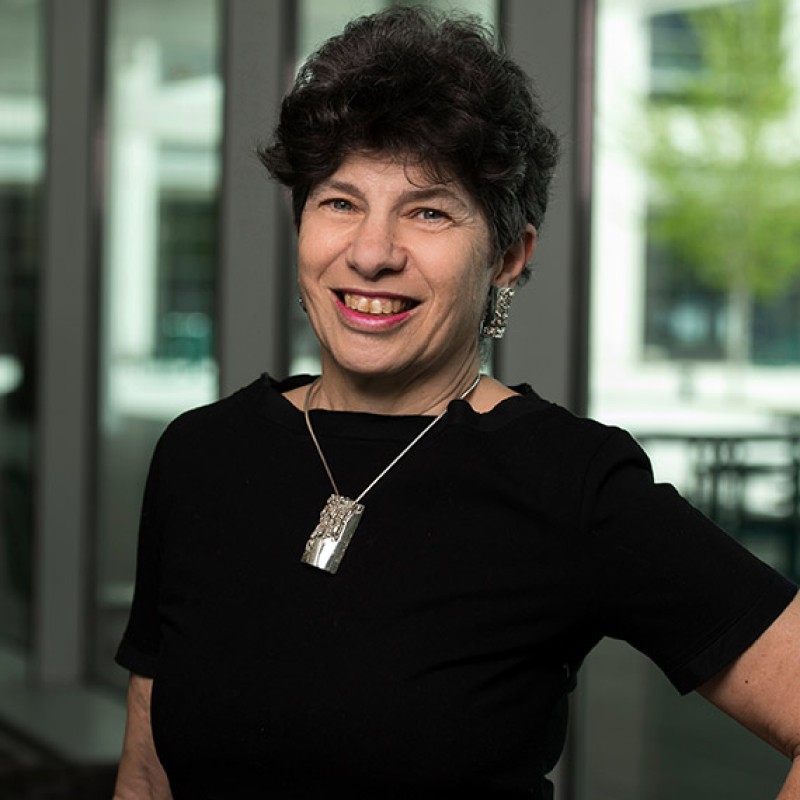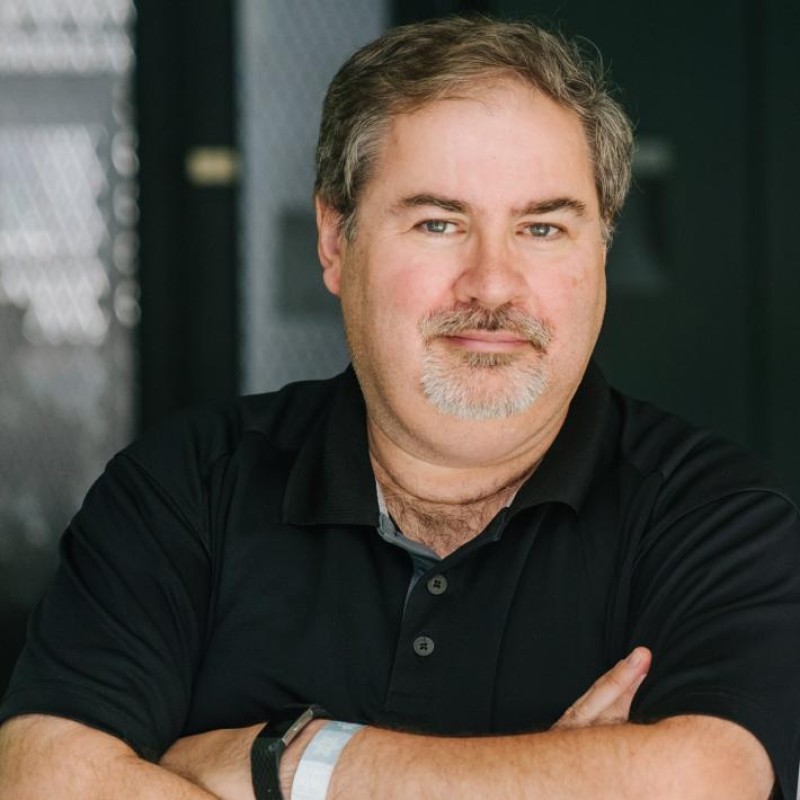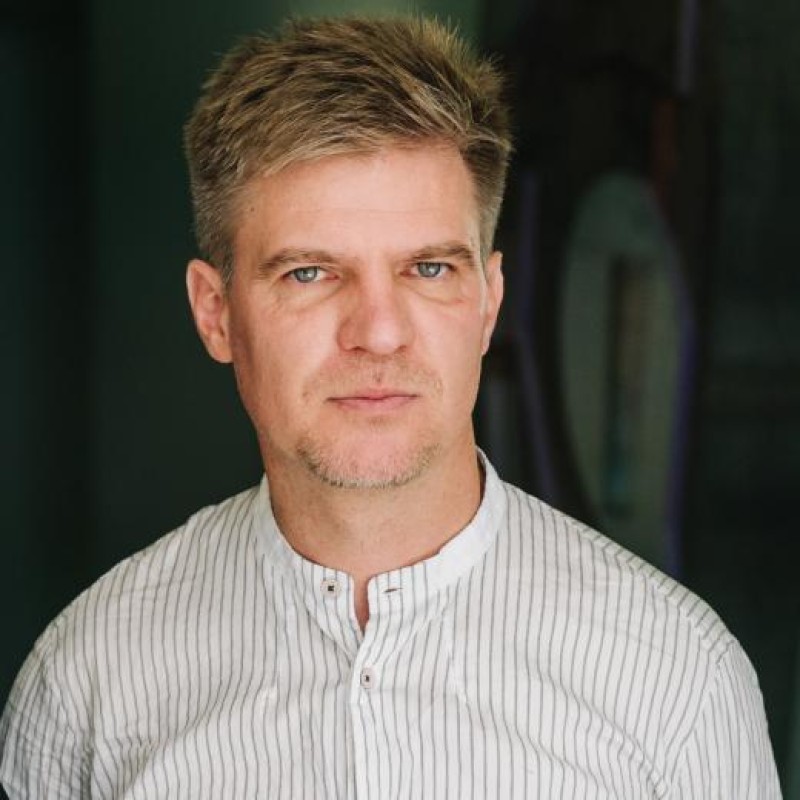Since the very beginning of Russia’s invasion of Ukraine, some of the Kremlin’s fiercest battles have been fought by a lawless private army, its ranks swelled by convicted felons.
At its head is Yevgeny Prigozhin, a Russian oligarch and mercenary leader who this year has become perhaps the most conspicuous avatar of everything that is darkest about his motherland. In his fusion of crooked money and brutal violence, his sneering cynicism, and his impunity in the face of even Russian law, he embodies the malevolence of state-sponsored corruption in a way few can match.
That’s why — as his hired guns rain death on yet another Ukrainian city — a panel of judges convened by OCCRP has chosen Prigozhin as 2022’s “Person of the Year” in organized crime and corruption.
In the words of OCCRP publisher and co-founder Drew Sullivan, he has earned this distinction for his tireless efforts to “extend Russia's vicious and corrupt reach, to steal for Vladimir Putin, and to punish those who resist.”
Neither the jail term Prigozhin served for robbery as a young man nor his success in the newly capitalistic Russia of the 1990s were especially unusual for businessmen in those years. Even as he grew his restaurant and catering business on the back of favorable state contracts, earning millions of dollars and the nickname “Putin’s chef,” he was only following a trajectory taken by many other oligarchs.
But Prigozhin’s reputation began to take a more sinister turn in the mid-2010s as his schemes acquired a geopolitical dimension. His so-called “Internet Research Agency,” which employed low-rent trolls to spread disinformation and propaganda, became infamous for its attempts to interfere in U.S. politics.
The effectiveness of its efforts, for which Prigozhin was indicted by a U.S. grand jury, may be open to question. But they heralded the beginnings of a transformation: Prigozhin was no longer just a man who had grown wealthy under the Putin regime. He had become one of its instruments. And before long, his army consisted of more than just trolls.
The Wagner Group, nominally a “private military company” but in reality a paramilitary organization backed by the Russian armed forces, arose in the wake of Russia’s initial attack on Ukraine in 2014. Its fighters took part in the illegal occupation of Crimea and in the much bloodier battles in the country’s east.
Prigozhin’s precise connection to the group’s beginnings is murky. In one version, he was recruited into the role of Wagner’s patron and financier by military commanders who compensated him with lucrative defense contracts. In another, advanced by Prigozhin himself after years of denying any connection to Wagner, he was its original founder.
What’s certain is that, in the ensuing years, Wagner fighters became notorious for the trail of blood they left in conflict zones across the world. In their brutal defense of the Assad regime in Syria, Prigozhin’s mercenaries cemented their reputation as Putin’s dark enforcers, carrying out missions the Russian army will not conduct openly — or cannot do at all.
“Prigozhin is a soldier of corruption,” says OCCRP’s Sullivan. “He fights and murders to install corruption. Wagner is nothing more than an organized crime group sanctioned by the Russian government.”
The line between Wagner and Russian officialdom can be difficult to draw. The group has been linked to Russia’s military intelligence agency, the GRU, and many of its missions serve the Kremlin’s interests. Other assignments, like providing security for dictatorial regimes in the Central African Republic and Sudan, seem more mercenary — especially considering that the group’s activities often involve taking charge of gold and diamond mines. (The U.S. Treasury has accused Wagner of “acting as cover” for Prigozhin’s mining interests).
Whether they fight for wealth or glory, the group’s brutality is beyond a doubt. Wherever Wagner fighters go, human rights abuses are sure to follow. From Syria to Cameroon, from Somalia to Mali, they have been accused of rape, robbery, murder, and torture.
The same is true in Ukraine. Aside from their indiscriminate shelling of residential neighborhoods, Wagner fighters were accused of executing civilians near Kyiv in the early days of the war.
Nor has the group shied away from turning its cruelty against its own. This summer, Prigozhin appeared in a series of videos in Russian prisons, urging convicts to win their freedom by fighting for Wagner. But experts say such recruits often end up as little more than cannon fodder — and those who refuse to fight can meet a grisly end.
One former Wagner commander, now on the run from his former comrades, recently told Russian activists that the group had executed at least ten men for refusing to fight. In one case, a prisoner recruited by Wagner ran to Ukrainian lines before falling back into the group’s clutches in a prisoner swap. Shortly afterwards, a video of his gruesome execution — by sledgehammer to the head — appeared in Russian Telegram channels.
Prigozhin’s response was to mock the very idea of accountability, with one of his companies releasing a statement that praised the video’s production quality and all but gloated over the killing: “A dog’s death for a dog,” it read.
The Wagner leader’s operation outside of the rule of law points to the rise of a new kind of corrupt actor. Many of OCCRP’s previous “people of the year” were leaders of nations — Belarusian strongman Alexander Lukashenko was last year’s choice, and previous winners have included former Philippine President Rodrigo Duterte and Venezuelan leader Nicolas Maduro — but Prigozhin has never held any kind of official position.
“Prigozhin represents a new type of winner,” said Louise Shelley, one of this year’s judges and an expert on illicit financial flows at George Mason University. “Not a national leader, but a corrupt individual capable of instigating terrorism and massive human rights violations in diverse conflicts around the world.”
Such an arrangement offers the Kremlin a useful level of plausible deniability, enabling it to use Prigozhin for especially dirty or sensitive work. But it also creates the danger that he will become his own center of power. And in recent months, Prigozhin has appeared to take steps in this direction, repeatedly criticizing the Russian military for its performance even as he and his fighters receive glowing coverage on state television. He has gone unpunished even after picking an unusually public fight with the governor of Saint Petersburg.
Regardless of what happens next, Prigozhin is sure to remain a major figure in the world of organized crime and corruption. With Russia’s army increasingly depleted and exhausted, it may be “Putin’s chef” and his thuggish mercenaries that make a difference on the battlefield in the years ahead.
The Judges

María Teresa Ronderos

François Valérian

Hamzat Lawal

Louise Shelley

Drew Sullivan

Paul Radu
Previous Winners

Aleksandr Lukashenko

Jair Bolsonaro

Joseph Muscat

Danske Bank

Rodrigo Duterte

Nicolás Maduro

Milo Djukanovic

Vladimir Putin

Romanian Parliament

